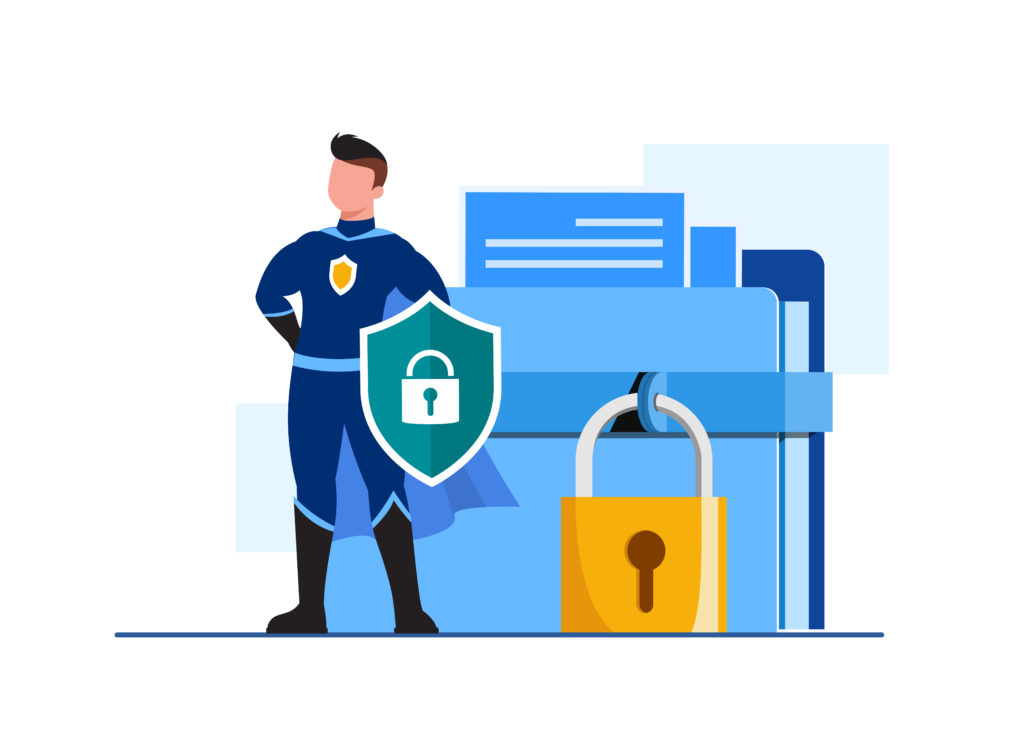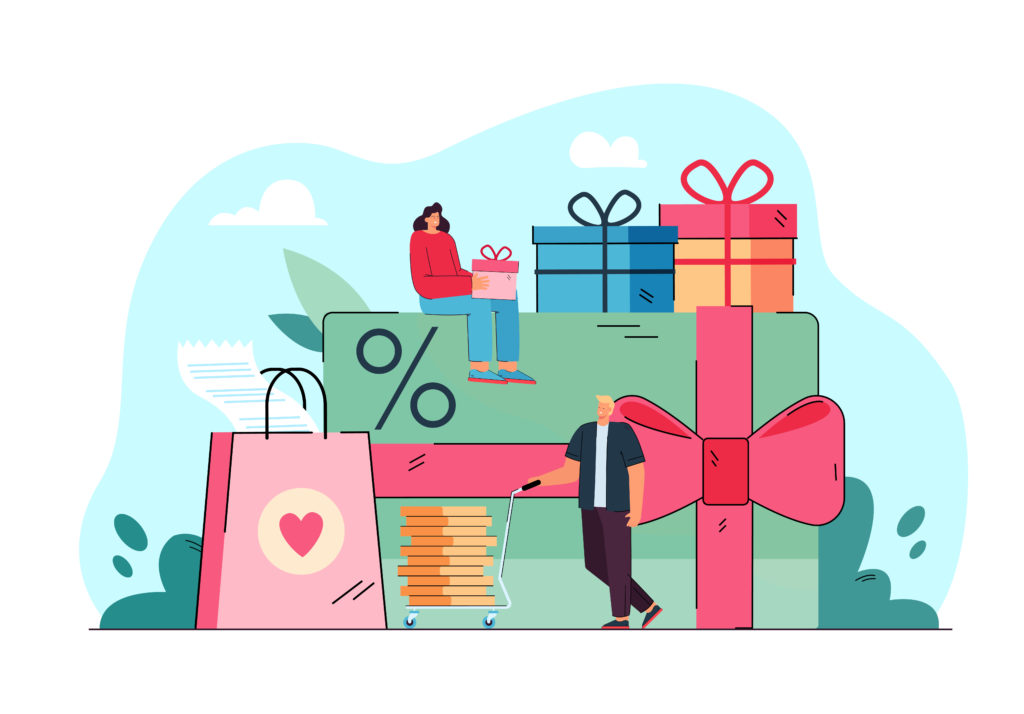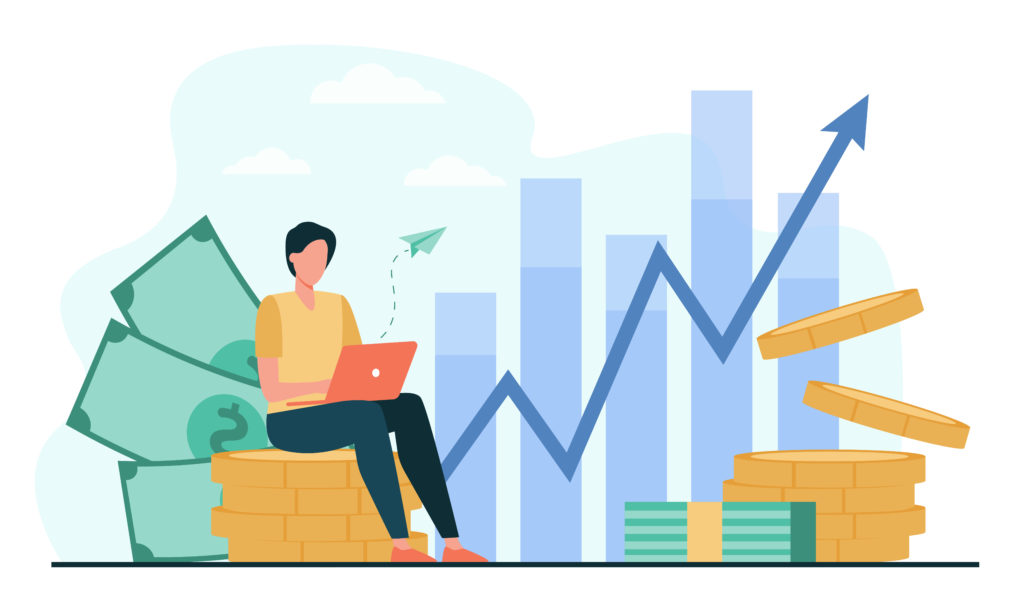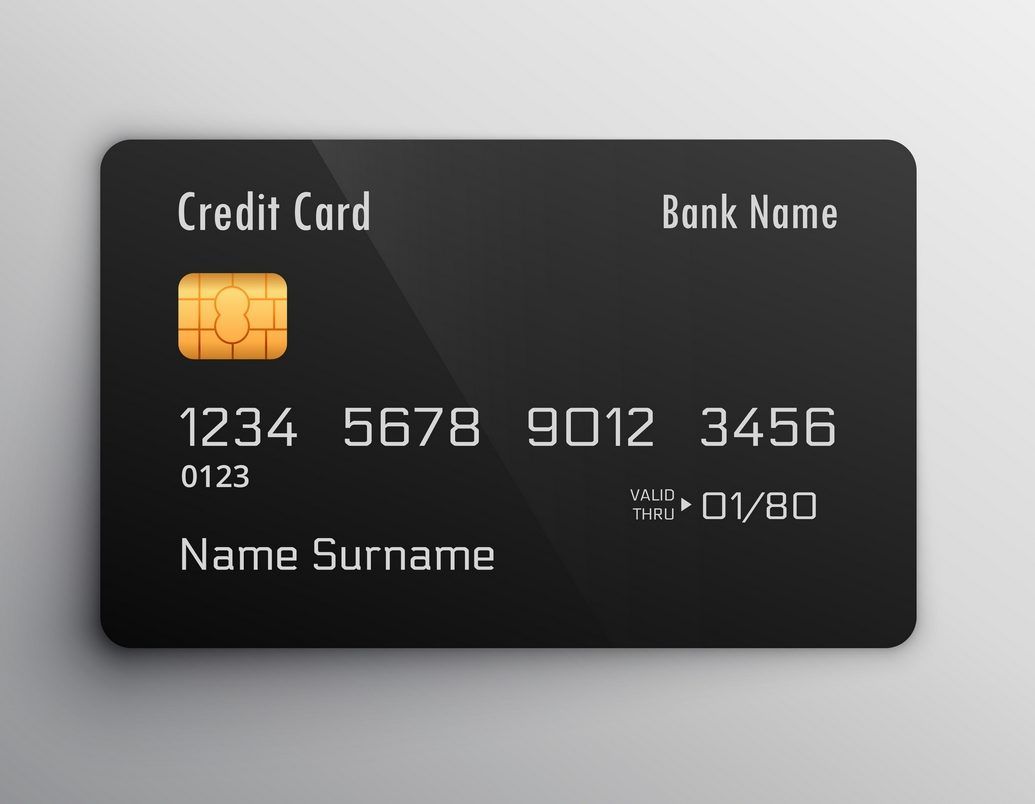4 Benefits of Using Your Credit Card Sensibly
Credit cards are common in our society, and many people use them to pay for a large range of things, from the weekly grocery shop to washing machines and other household appliances. But just because we know about them, it doesn’t mean we know about the benefits that come with them.
If you know how to use a credit card wisely, there are an array of advantages that they can bring you and your credit score.
Here are 4 benefits of using your credit card sensibly.
Benefits of a credit card
1) A credit card can build your credit rating

The amount you can borrow from Lenders, and the associated interest rates depends on your credit rating.
A credit rating is what banks and other lenders use to establish the risk of lending you money. The rating is typically a three-digit number based on your credit report. The credit report is a record of how you’ve maintained bills and paid off debts in the past. The higher the number of your credit score, the better the credit rating. Different credit reference agencies have their own scales when it comes to establishing credit ratings, so yours might look different depending on who you use.
Your credit card account and payment history form a significant part of your credit report. This means that using your credit card responsibly and paying it off regularly can improve your credit rating.
Better credit ratings can make it more likely that you can access lower rate, or higher value lending, such as a mortgage. They can also increase your chances of getting better deals on things like mobile phone contracts.
There are different ways of improving your credit score, but they can all help you with bigger purchases later on, including car loans.
2) Credit cards can give you extra security

When paying for things online, there is always the risk that the items you order won’t be what you expected, if they arrive at all. This is where a credit card can help.
By paying for online purchases through your credit card, you can have extra protection concerning those products or services. If you are unhappy with the service or product you have received, you can request a chargeback through your credit card company. This is because of Section 75 of the Consumer Credit Act 1974, which means you can request a chargeback for numerous reasons, including if the merchant has closed down or if the product doesn’t arrive to name a few. It doesn’t apply to debit cards.
For Section 75 of the Consumer Credit Act 1974 to be in effect, the purchase must be over £100 but under £30,000. However, you don’t need to have paid the full amount on your credit card.
This extra protection can also apply to booking holidays, such as in some hotels and airlines.
3) Credit Rewards

Using your credit card isn’t just about credit ratings and protecting your purchases, although they can be useful. You can get rewards by using it too.
Several credit card companies offer rewards to whoever owns the credit card when an eligible purchase has been made. By buying the likes of groceries and petrol on your credit card, you can gain credit card rewards through points for every pound spent.
Different credit cards can have different rewards available, with some offering cashback on items and others offering air miles. Reward points to be spent elsewhere, such as in restaurants or shops, could be another reward available for some credit cards.
For example, credit cards that offer air miles can be popular with people who have to travel frequently as they can offer discounts on flights. This can potentially apply to other elements of travel such as hotel costs too.
If your credit card offers cashback, it should be noted that some companies need you to log in to your account and have your settings allowing you to receive said cashback.
4) Responsibly using your credit card can increase your spending power

When using your debit card, you are limited to the amount of money you have in your current account, regardless of your situation or extenuating circumstances. With a credit card, you no longer have this issue.
By using your credit card responsibly, you can increase the amount of credit you have available to spend. This is particularly useful when an important purchase has to be made, or something immediately needs replacing, especially if it is an expensive item. Sometimes you just don’t have enough savings in your current account to cover unforeseen circumstances, and that’s where a credit card comes in. In the cases of those unpredictable emergencies, they can act as a safety feature so your life can continue, and you can pay off the money in manageable instalments later.
As well as increasing your spending power, using your credit card responsibly for a bigger purchase can also mean there are more rewards for you to gain on your credit card account, whether that be through cashback, points or air miles.
Remember, any credit borrowed from your credit card must be repaid.
Do you need help with credit card debt?
In January 2022, the average UK household’s credit card debt was £2100, which may increase as the cost of living rises.
There are various ways in which Swift Debt Help can aid you with your credit card debt, including offering advice to those who need it. Whether you need help to organise affordable payments, legal advice or just someone to talk to, we are here to help you get control of your credit card debt.
Request a Debt Assessment
Disclaimer: For guidance only. Financial information entered must be accurate and would require verification. Other factors will influence your most suitable debt solution.






